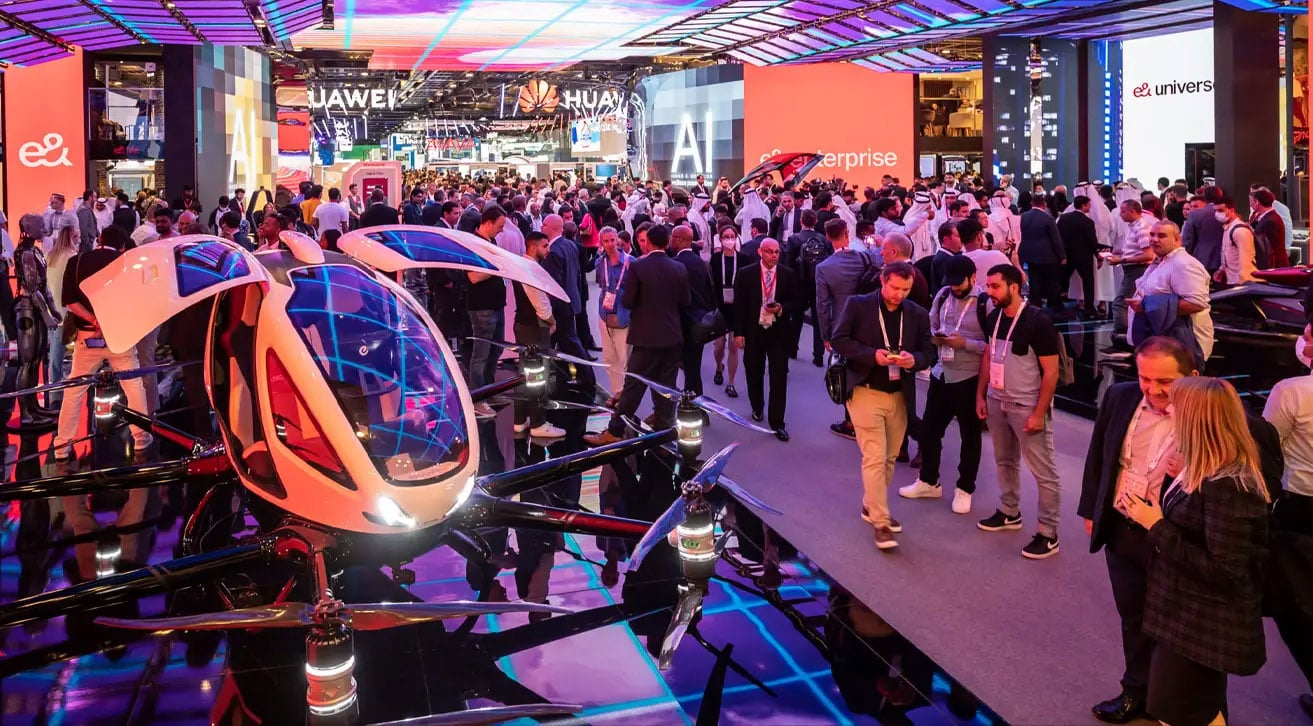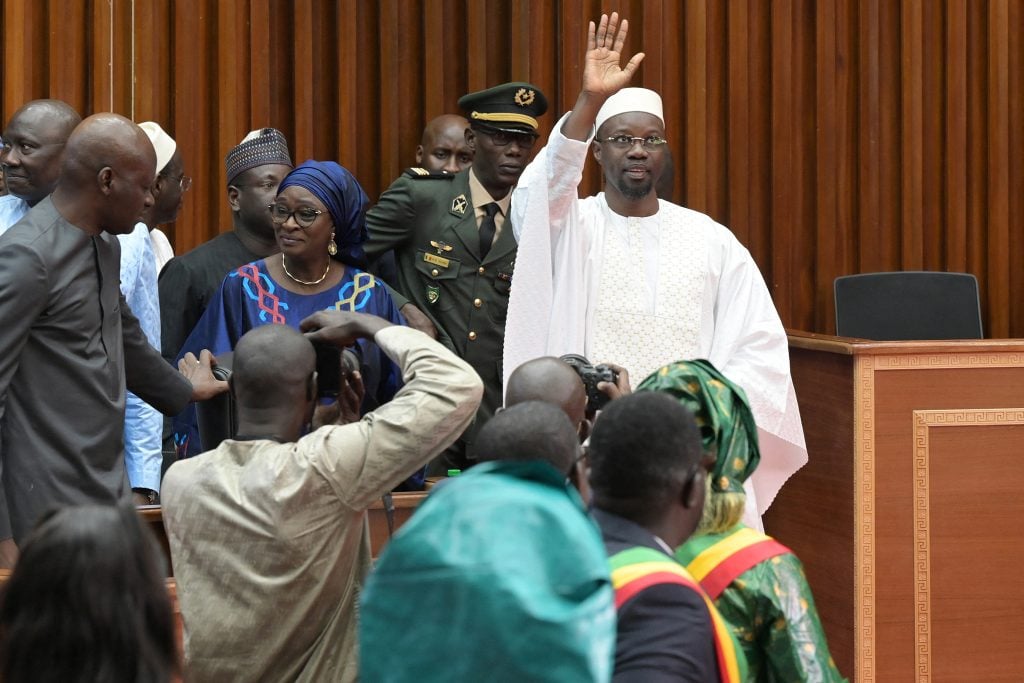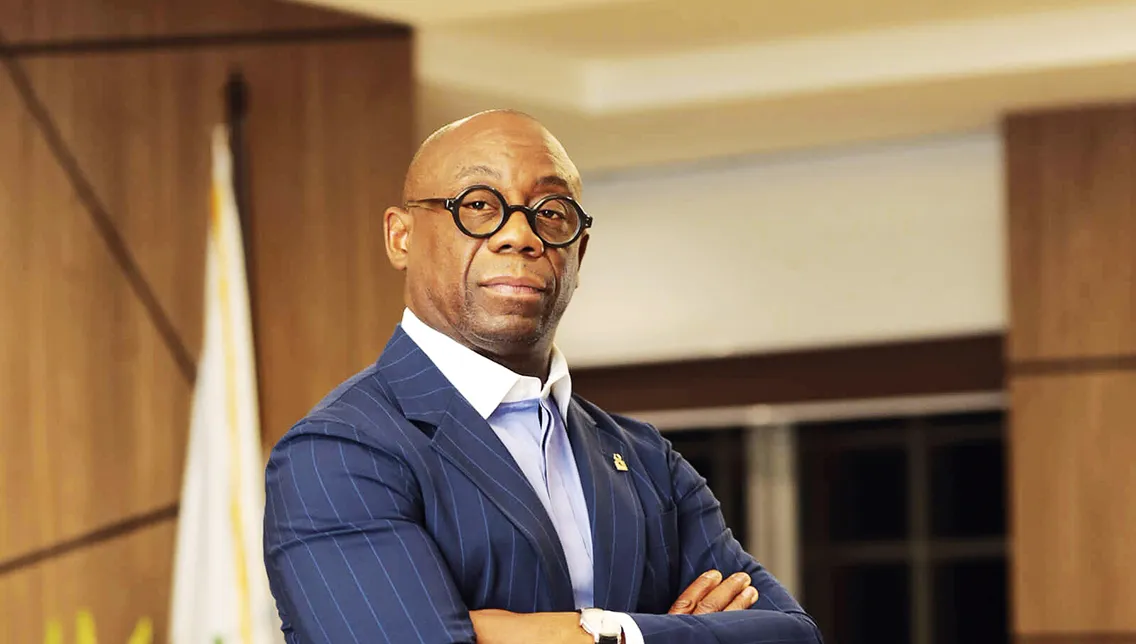
In mid-November 2025, the coastal city of Sousse in Tunisia, best known for its golden beaches and ancient medina, was transformed into something entirely different: the centre of a continental technological shift. Over three days, Novation City, the region’s emerging tech cluster, hosted the Global AI Congress Africa (GAICA 2025), an event that has quickly established itself as one of the most influential gatherings for artificial intelligence on the continent.
What unfolded inside its halls felt far more ambitious than a conventional technology conference. GAICA 2025 offered a glimpse into a possible African future: bold, collaborative and unapologetically forward-looking.
On the morning of 17 November, Sousse bore little resemblance to its usual self. Tourist shuttles were replaced by buses carrying delegations from Nairobi, Casablanca, Accra, Kigali and Johannesburg. Hotel lobbies buzzed with conversations in Arabic, French, English and Swahili. Investors, founders, researchers and government leaders mingled with lanyards swinging from their necks, sharing a palpable sense of anticipation.
At the entrance to Novation City, a volunteer captured the mood with a simple remark: “Today, Africa meets the future.”
Inside the Startup Hall, visitors stepped into a vibrant display of creativity. More than 200 African startups presented innovations built for local needs but with global promise. Agricultural prediction models developed in Rwanda stood alongside Nigerian fintech solutions, Tunisian healthcare diagnostics and Kenyan climate-technology tools. Screens glowed with live demonstrations as founders pitched ideas to attentive investors who scribbled notes between sessions. It was not Silicon Valley, but that was precisely the point. This was Africa innovating for Africa.
In the Technology Hall, major international companies showcased their latest breakthroughs, from intelligent automation to AI-driven education platforms. Yet the emphasis remained on collaboration rather than competition, with global and African entities discussing how best to support shared progress.
The big conversations: AI for Africa’s real needs
The main auditorium hosted some of the congress’s most anticipated exchanges. Over two days, global experts and African thought leaders took on questions shaping the coming decade: how AI can support sustainable agriculture, what an African model of digital sovereignty might look like, how to ensure ethical and inclusive development, and which skills the continent’s young people will require to drive the next technological wave.
One keynote speaker distilled the feeling in the room: “Africa is not entering the AI era as a follower. Africa is entering as a creator.” The applause lingered long after the speaker left the stage.
Learning, building, creating
GAICA 2025’s workshops and masterclasses drew engineers, students and entrepreneurs eager to build the tools of tomorrow. In small rooms scattered with laptops and whiteboards, participants coded prototypes, shaped business models and attended hands-on sessions led by experts from around the world.
The hackathon area became a hive of activity. Teams brainstormed, debated, laughed and worked late into the night transforming concepts into functioning demonstrations. By the second evening, several prototypes had already materialised, including a precision-irrigation controller, a real-time climate-risk dashboard and an AI-powered sign-language interpreter tailored for North African dialects. These were not academic exercises, but practical solutions that could bring real value to communities across the continent.
Why Sousse?
Although GAICA has taken place in other cities, Sousse offered something distinctive: the growing ecosystem of Novation City. Its blend of academia, industry and an energised startup culture created an environment ready to scale. For two days, its modern buildings and open spaces hosted spontaneous meetings, cross-border partnerships and the forging of relationships that may shape future ventures. Tunisia, with its strong engineering talent and strategic Mediterranean location, is positioning itself as a bridge between Africa and the global technology community. Hosting GAICA 2025 strengthened that claim convincingly.
A clearer vision of Africa’s AI future
What made GAICA 2025 remarkable was not merely the number of attendees or the scale of the exhibitions. It was the clarity of the collective vision. Across the congress, a shared perspective emerged: AI must serve African priorities; innovation must reach both rural and urban communities; data governance must reflect African cultures and values; and young people must be equipped to lead the transformation. If this vision takes root, Africa could become one of the most dynamic players in the global AI landscape.
A final moment, a lasting impression
When GAICA 2025 concluded on 19 November, participants did not hurry to leave. Many remained in the courtyard, exchanging final conversations, recording short videos and promising to stay in touch. A young Kenyan entrepreneur, holding her prototype, turned to a colleague and said quietly: “I came to present my idea. I leave with a mission.” It was a sentiment that captured the congress more powerfully than any statistic or keynote.
Sousse soon returned to its calm Mediterranean rhythm, but something had shifted. A spark had been lit — one of ambition, ingenuity and continental unity. If the energy inside Novation City is any indication, that spark is only beginning to grow.






Recent Comments